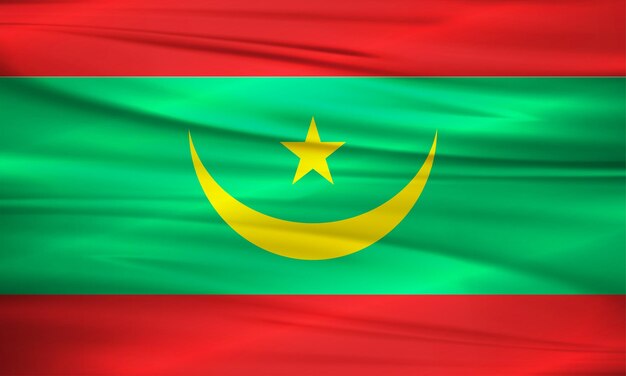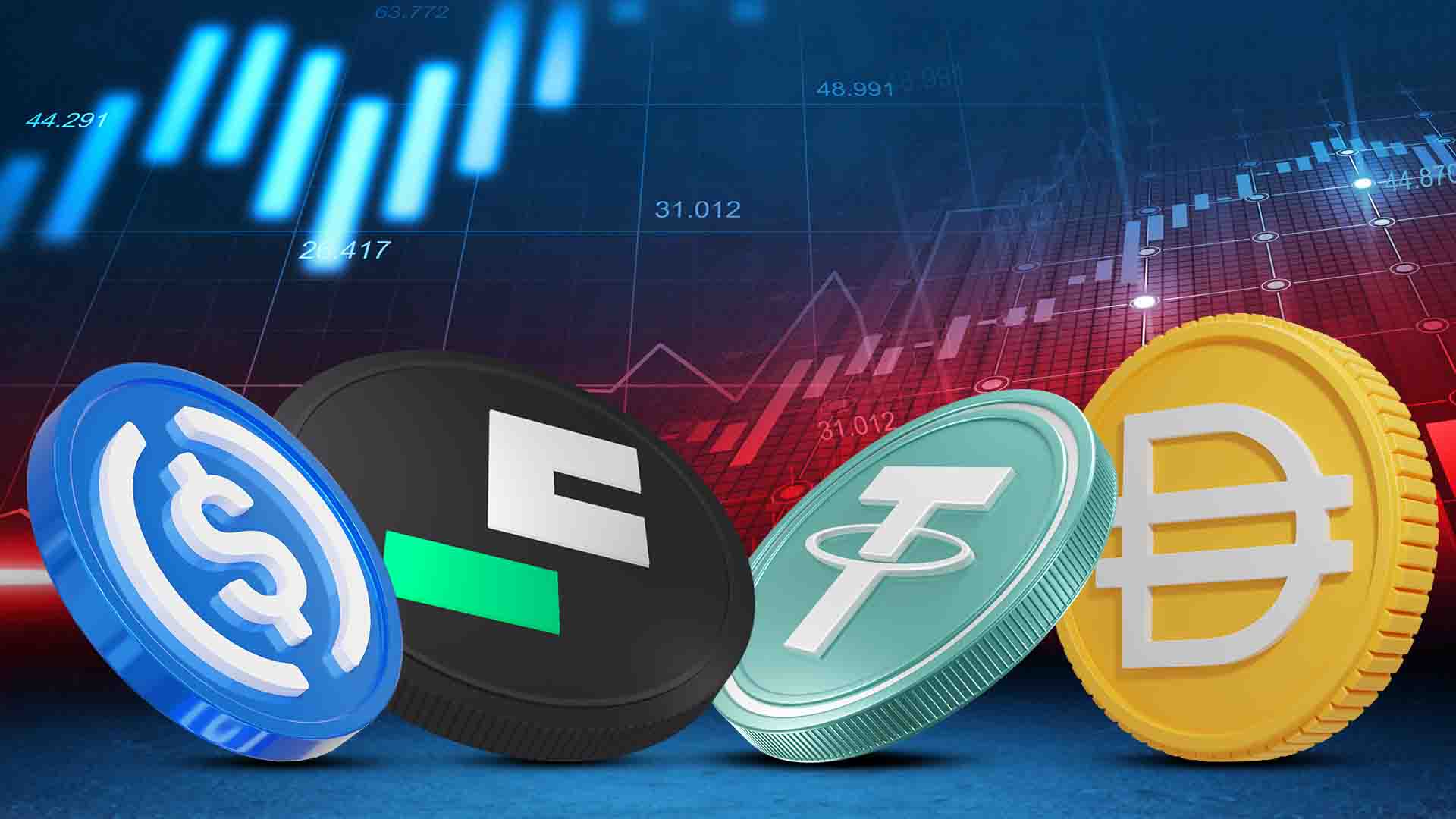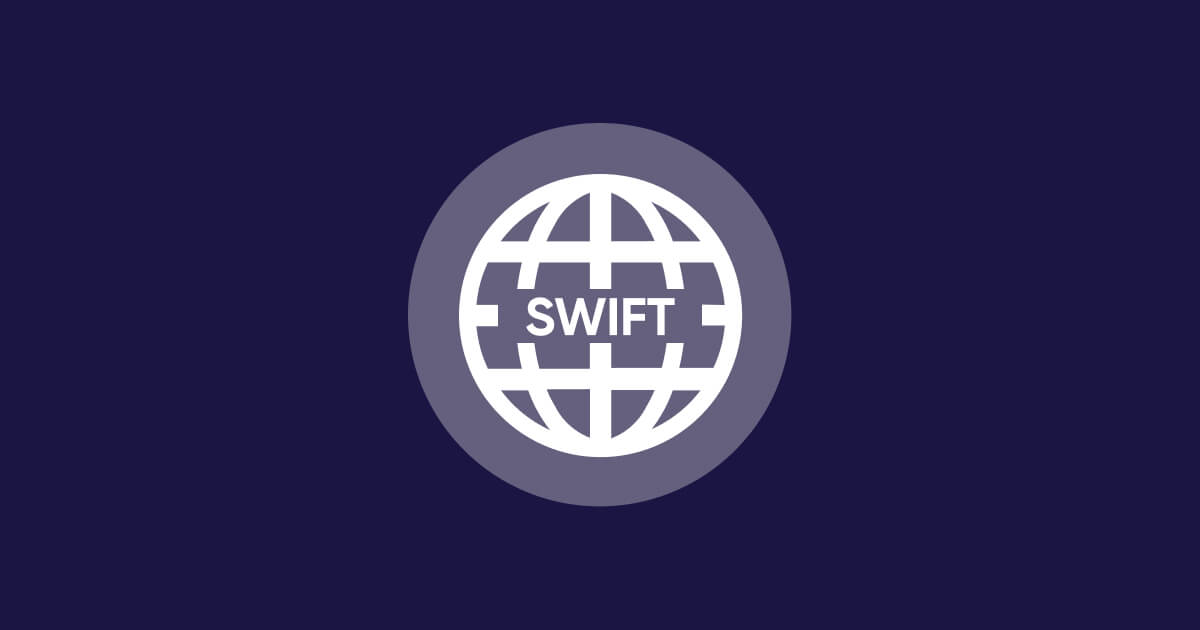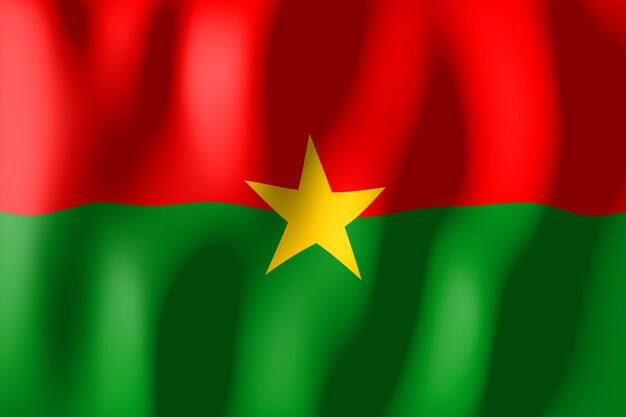The money business in Mauritania is changing quickly. The country's payment systems are changing to make transactions faster, include more people in the economy, and connect the economy more. This is happening through mobile-first payment services and new bank systems. This article will talk about the Mauritania payment rails, the Mauritania National Switch, the rise of e-banking in Mauritania, and the steady rise of mobile wallets in the country. We'll also talk about how these changes are affecting the digital payments scene in Mauritania and making it easier for money to move across borders, for fintech to grow, and for money to move quickly within the country.
Understanding the Payment Rails in Mauritania
Mauritania payment rails are the many systems and infrastructures that move money between people, businesses, and organisations both inside and outside of Mauritania. These are: The Mauritania National Switch connects banks and payment service providers so that card and electronic transactions go smoothly. Platforms for online banking let people do their banking without having to go to a branch. Mobile wallets make it easy to send money to other people, pay bills, and make payments on the go in Mauritania. Solutions for instant and cross-border transfers make it possible for Mauritania to be part of regional and international payment systems. These rails are the foundation of Mauritania's payment system. They make trade easier and help the country's fintech industry offer cutting-edge services.
The Mauritania National Switch makes digital payments easier by bringing them all together
The Mauritania National Switch is an important part of the digital transformation of the country's banking industry. The National Switch connects banks, ATMs, point-of-sale terminals, and payment service providers to make it easier for transactions to go through a single, standardized platform. How the National Switch in Mauritania Works: The National Switch connects all banks and authorized payment institutions. Interoperability: Customers can use their bank cards to make purchases at any point of sale or ATM that is connected to the network. Real-time settlement: The switch helps to reduce payment delays by allowing instant transfers in Mauritania. Security: Transactions that go through regulated and encrypted channels make people feel more secure about digital payments in Mauritania. This system has made it much easier for people in Mauritania to use cards, especially outside of the capital.
E-banking is growing in Mauritania
E-banking has grown a lot in Mauritania since the COVID-19 pandemic forced banks to move their services online. Now, customers can check their account balances and transaction history, move money between and within banks right away, pay taxes and utility bills online, and keep an eye on savings, loans, and investments from afar. The following things are making e-banking grow in Mauritania: more people using the internet, banks putting money into platforms that are safe and easy to use, and support from the government for the banking industry's digital transformation in Mauritania. Because of this, people in both cities and the countryside are becoming more comfortable using digital channels, which helps to modernize Mauritania's payment system.
Mauritania's mobile wallets are becoming more popular
One of the most exciting things that has happened recently is the rise of mobile wallets in Mauritania. Banks, fintech companies, and telecom companies all offer mobile wallets that let people send and receive money, store money digitally, and make payments right from their phones. More and more people in Mauritania are using mobile money because a lot of people use their phones, streamlined onboarding processes that don't require a regular bank account, and the ability to send money directly to another person right away. In Mauritania, one of the most common uses for mobile wallets is to send money to family members who live far away, pay retailers directly without using cash, pay for school, TV, and utility bills, and get government benefits and pay safely. People in Mauritania can make digital payments with mobile wallets, even if they don't have a bank account. This helps to include more people in the country's economy.
Also read: Niger’s Payment Rails & How They Work – GIM-UEMOA, Mobile Money & Cross-Border Payment Links
Payments that cross borders in Mauritania
Mauritania relies heavily on cross-border payments for trade, remittances, and economic growth because it is in a good spot in West Africa. The Mauritania National Switch's connection to regional systems makes the following possible: faster settling of transactions with nearby countries, lower costs for sending money abroad, and more openness and following the rules against money laundering. Fintech companies are working with international banks and mobile money networks to make real-time transfers possible. This makes it even easier to make payments across borders in Mauritania.
The Fintech Industry in Mauritania: Encouraging New Ideas
The fintech industry in Mauritania is still very young, but it has a lot of room to grow. Startups in Mauritania are using the payment system to make things that link Mauritania's mobile wallets to payment networks in the area, offer digital credit scoring to speed up loan approvals, use AI-powered insights to make Mauritania's e-banking better, and make transfers right away between wallets, banks, and even foreign accounts. It is expected that working with international fintech enablers and getting help from regulators will speed up the rate of innovation in the coming years.
How TransFi can be helpful
TransFi and other companies that provide international payment solutions are in a good position to make Mauritania's payment system better. TransFi can make the following things easier by connecting with the Mauritania National Switch and the best mobile money platforms: Mauritania makes it easy to make payments across borders with low fees and quick settlement, connecting mobile wallets, bank accounts, and international payment networks, and processing that is safe, legal, and follows the rules in the area. Companies can reach more customers, speed up payment processing, and build trust in digital payments in Mauritania by working with TransFi.
How These Changes Will Help
Mauritania's Financial Inclusion: Modern payment rails make it easier for more people to get financial services, especially in rural areas. Economic Growth: Mauritania's good payment systems encourage trade, investment, and entrepreneurship. Security & Transparency: The Mauritania National Switch makes things safer and more open by making sure that everyone follows the same rules. Innovation: The fintech industry in Mauritania can come up with new ways to handle money, make payments, and lend money. Global Connectivity: Cross-border payments in Mauritania make it possible for people to trade and talk to people from other countries.
Conclusion
Mauritania is making great progress in updating its financial system. In Mauritania, mobile wallets are making it easier to get financial services, e-banking is growing quickly, and the Mauritania National Switch is the basis for bank and card payments that work with each other. The ability to make cheap cross-border payments and process instant transfers in Mauritania is changing the way money moves in and out of the country. International partners like TransFi are expected to help make digital payments in Mauritania faster, more accessible, and more connected. This will help Mauritania's banking industry go digital and include more people in the economy.
FAQs
- What is the Mauritanian National Switch?
It is a central hub that connects Mauritania's banks, ATMs, point-of-sale terminals, and payment processors, making it easy to send money quickly and make transactions that work with each other.
- How is the e-banking business in Mauritania changing?
Banks in Mauritania are making e-banking more popular by offering safe online ways to transfer money, pay bills, and manage accounts. - Do people in Mauritania use mobile wallets?
Yes. More and more people in Mauritania are using mobile money because it is easy to use, available to people who don't have bank accounts, and works with regular payments. - Can you send money from Mauritania to another country?
Yes. Banks, fintechs, and mobile money providers are working together to make cross-border payments in Mauritania faster, cheaper, and more reliable. - How does TransFi help the payment system in Mauritania?
TransFi's connection to local payment rails benefits both businesses and consumers by allowing for safe, real-time, and low-cost transactions within the country and around the world.
Table of Contents
Suggested Article
Explore our products

Make global payments at the speed of a click

Accept payments, remove borders.

Unlock Seamless Digital Currency Transactions Anywhere








.png)














